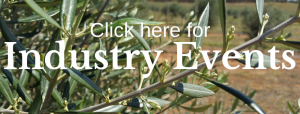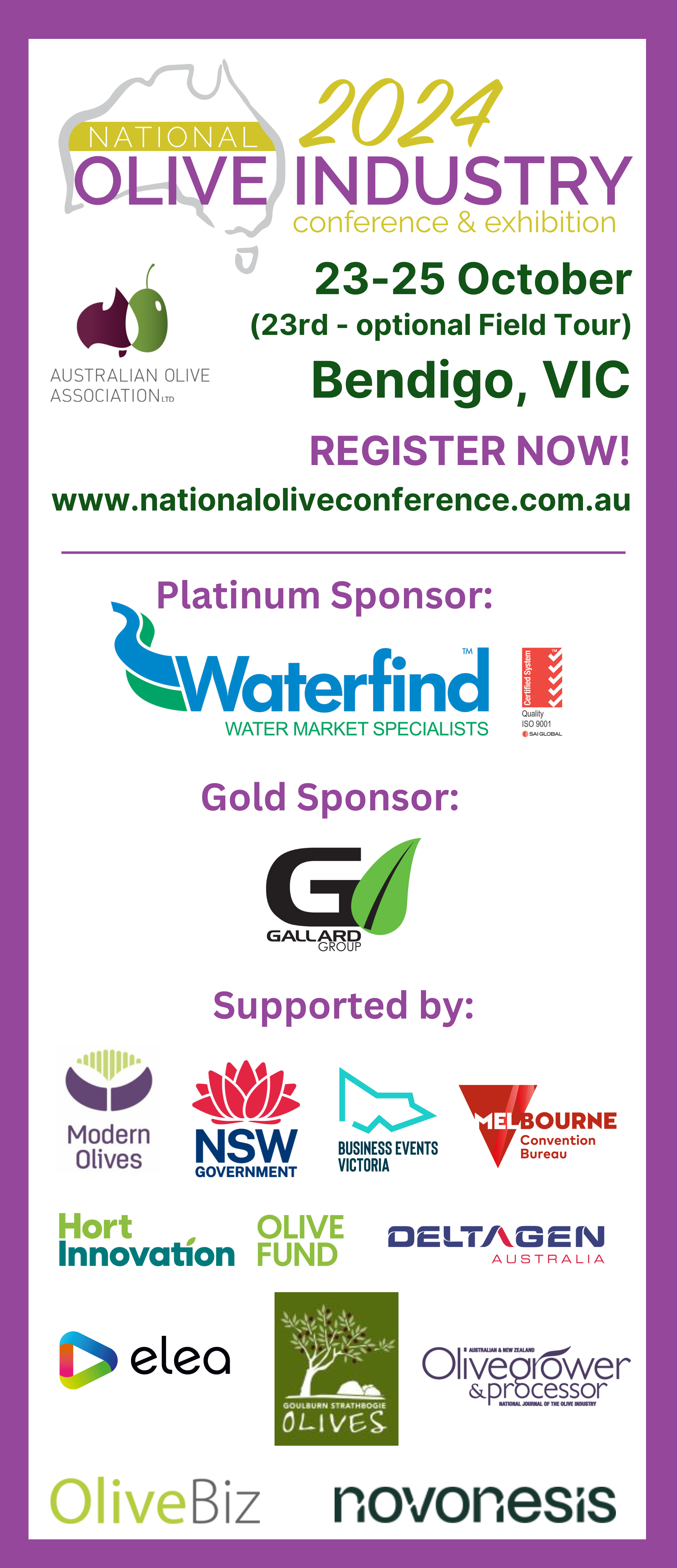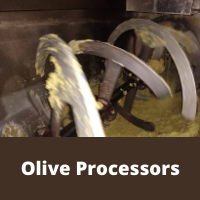
The AOA’s recent webinar ‘mini-series’ on co-operatives was a popular one, and showed that mutually beneficial multi-grower operations are a concept olive producers are keen to contemplate.
Co-ops 101 for Olive Growers was presented by Claire Fountain from Co-operative Bonds and the Business Council of Co-operatives and Mutuals (BCCM). The session covered the foundations of the co-operative business model (‘what is a co-op’), looking at various structure options and case studies.
Matakana Olive Co-operative then took the topic a step further, diving into the practical realities of co-operatives. New Zealand producer David Sullivan of Mahurangi Olives shared his experiences as a longtime member of the Matakana Olive Co-operative, a regional collective with a strong focus on volume cost-savings and marketing.
The co-op recently recalibrated due to a change in circumstances for some members but over its lifetime provided a shared-cost, viable production and distribution model for boutique olive oil producers.
There was a great turn-out for both of the interactive webinars, which between them provided a comprehensive overview of the opportunities provided by co-operative business operations. There was also great discussion around the various structure options, and the practical realities of co-ops in action.
Couldn’t make the webinars? Or want to refresh?
The AOA team are aware that not everyone can make it to the webinars when scheduled, so they record the sessions to share with those who missed out.
The recordings of the two webinars are available on the OliveBiz website, so if you weren’t able to attend – or did and want to refresh on what was discussed – you can watch the sessions whenever you’re ready.
You can access the recordings of the Co-ops 101 for Olive Growers and Matakana Olive Co-operative webinars here, along with an overview of the information covered in each webinar.
This webinar series is part of the Olive levy project Australian olive industry communications and extension program (OL22000), funded by Hort Innovation, using the Hort Innovation olive research and development levy, co-investment from the Australian Olive Association and contributions from the Australian Government.



